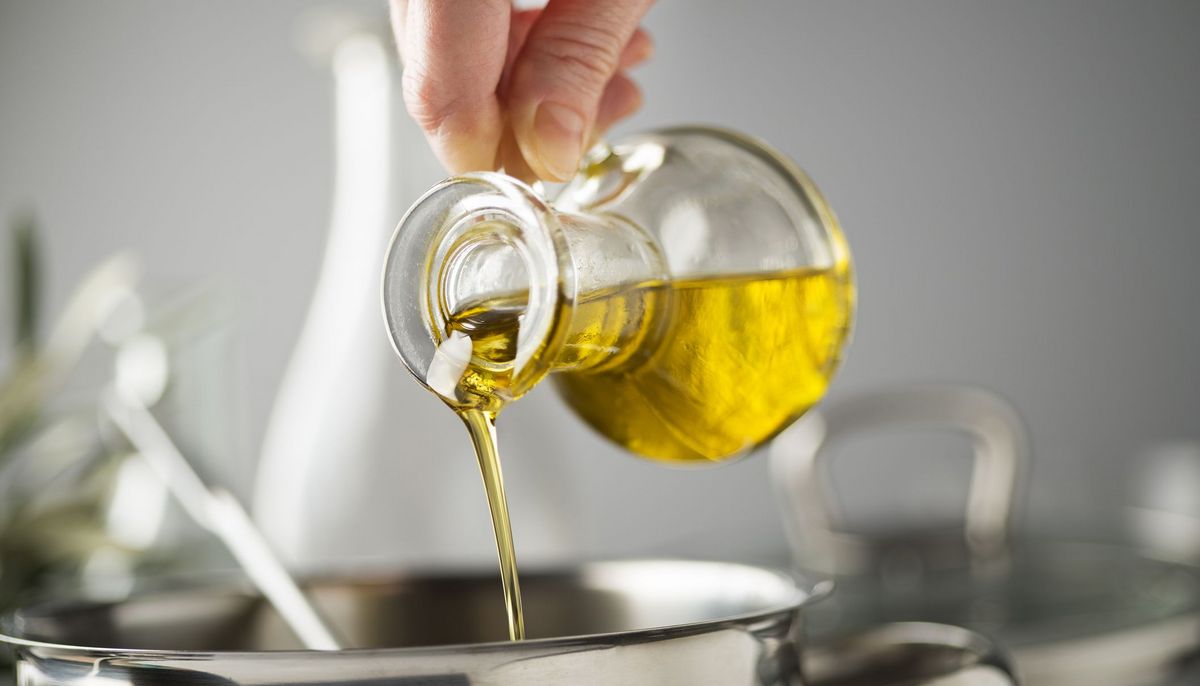It’s rapeseed, corn, cottonseed, grapeseed, soybean, rice bran, sunflower and safflower oil. According to misleading social media posts, when they’re cooked, the omega-6 fatty acids they contain break down into toxins that cause inflammation, weaken the immune system and contribute to chronic disease. Professor Dr. Christopher Gardner of Stanford University in California explains why this isn’t true:
“If you need fat for cooking or preparing food, you can use vegetable oils, butter, or lard. All studies agree that butter and lard are bad for the heart. They also show that replacing saturated fats with unsaturated fats reduces the risk of heart disease. If you use seed oils to sauté vegetables or make a salad, for example, the benefits far outweigh any potential health risks.
Omega 6 fatty acids are healthy.
Seed oils are high in omega-6 fatty acids, but that’s not a bad thing, says Gardner. Omega-6 fatty acids are polyunsaturated. The body can’t produce them on its own; it must absorb them from food. Polyunsaturated fatty acids help lower “bad” cholesterol, thereby reducing the risk of heart disease and stroke. That’s why scientific nutrition associations recommend omega-6 fatty acids as part of a healthy diet.
“Omega-6 fatty acids are misrepresented because they probably don’t reduce the risk of cardiovascular disease like omega-3 fatty acids. That doesn’t mean omega-6 fatty acids are bad for you. Omega-3 fatty acids are better,” Gardner said. “Also, the inflammation associated with omega-6 fatty acids has not been shown to be harmful.”
While olive oil may seem more beneficial, it doesn’t add the right flavor to every food, says Gardner. For example, sesame oil is best for sautéing vegetables: “If you eat more sautéed vegetables or salads because you like them better with an oil made from vegetable seeds, that’s great. Seed oils won’t kill you, but they will help you enjoy healthier foods.”

“Total coffee aficionado. Travel buff. Music ninja. Bacon nerd. Beeraholic.”








More Stories
Coral Seeding: Artificial Insemination Makes Coral More Heat Tolerant
Fear, Anger, and Denial: How People Respond to Climate Change – Research
LKH Graz: Using radiation to combat heart arrhythmias